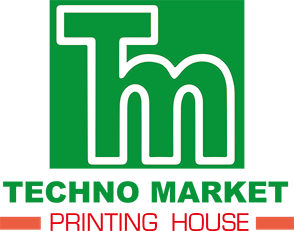investing in the development and implementation of audit technology can be a costly venture. This is why a thorough understanding of the scale of this process is necessary for those making the decisions.
According to experts, the creation and implementation of auditing technology requires a substantial amount of budget, human resources and time. It is also crucial to establish the goals and objectives that need to be addressed. Implementation of technology for auditing is a complex procedure that requires continuous communication between teams and a thorough understanding of the potential pitfalls that can occur at any time during the development cycle.
This is especially important if your goal is to improve efficiency in audits and data organization. One KPMG executive discovered that a company with many entities could cut down on hundreds of testing time using automated technologies.
Auditors can also conduct audits remotely and even virtually. This technology boosts efficiency, cuts down on travel costs and time spent with clients and allows auditors to utilize advanced tools like analytics.
According to Samantha Bowling, CPA, CGMA, managing partner at Upper Marlboro, Md.-based Garbelman Winslow CPAs the implementation of new technologies into auditing isn’t an easy task. The firm she works for has implemented artificial intelligence (AI) to detect high-risk transactions. This technology has enabled her to tailor the auditing procedures to address specific risks and eliminate the need to sample which results in greater efficiency and better quality.
